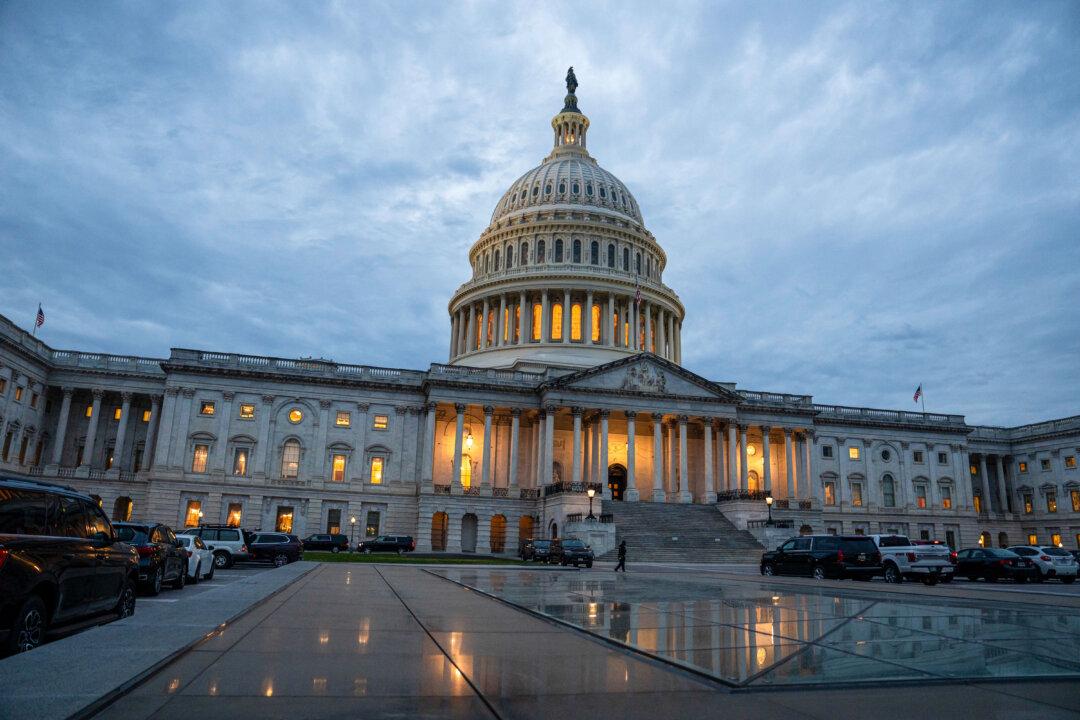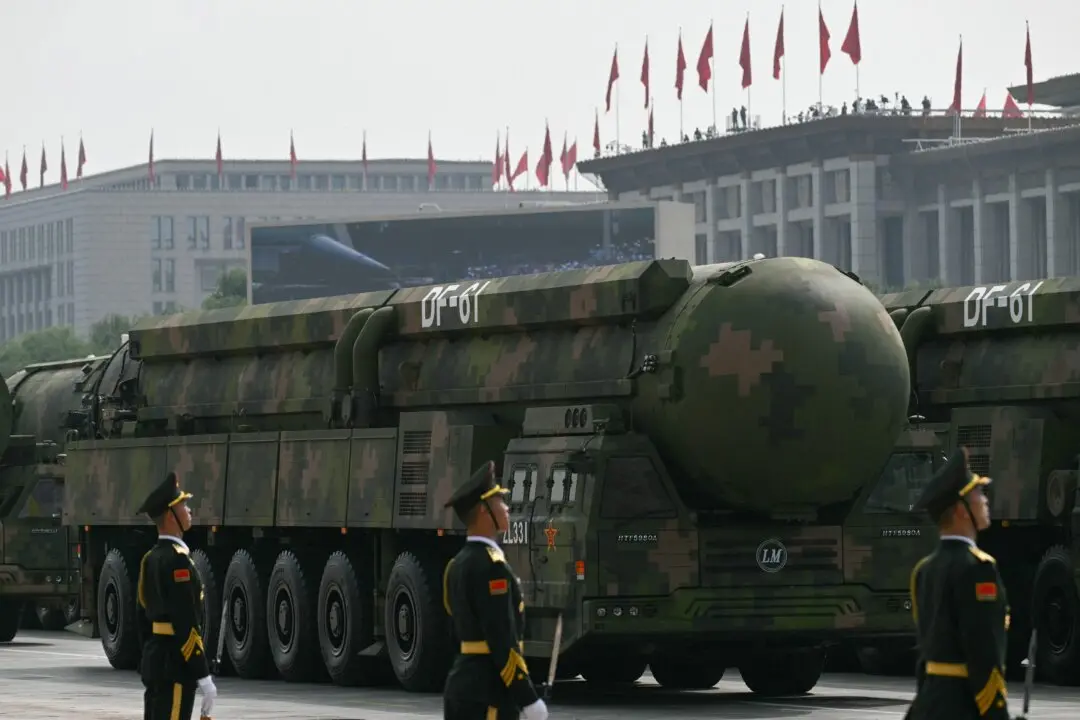The U.S. Senate passed the 2025 National Defense Authorization Act (NDAA) on Dec. 18, bringing the $895.2 billion bill one step closer to becoming law.
The 85–14 Senate vote came one week after the House passed the military budget measure. The bill now goes to President Joe Biden’s desk.





